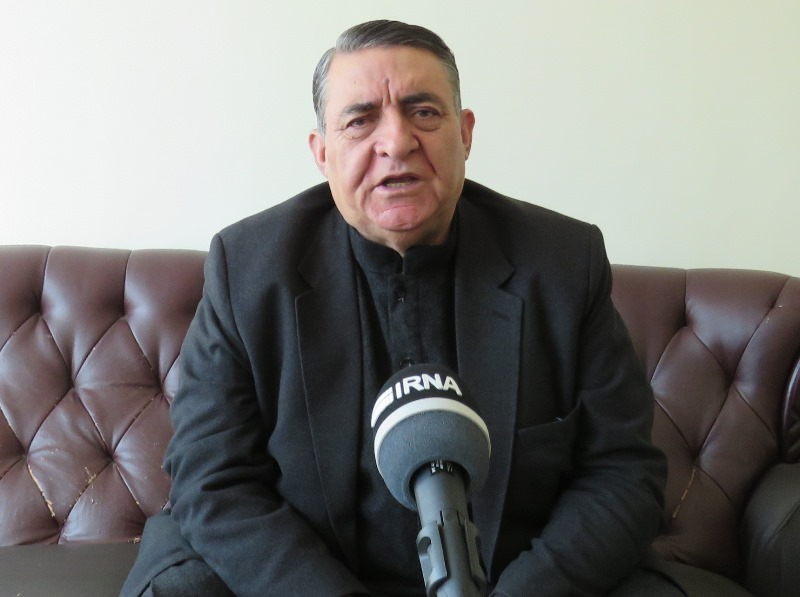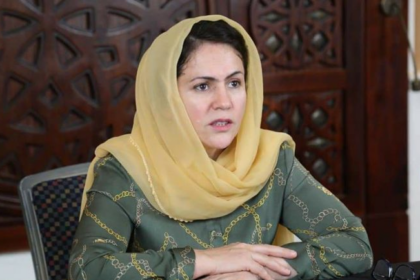RASC News Agency: Renowned Afghanistani political analyst Ahmad Saeedi has condemned the growing divergence in Islamic interpretation across Muslim-majority nations, arguing that these contradictions have not only eroded public trust in religious authority but have also ignited political and spiritual crises. According to Saeedi, these inconsistencies reveal a deliberate manipulation of Islam by regimes seeking to preserve power and suppress dissent under the guise of religious piety. Saeedi asserts that the exploitation of Islamic jurisprudence for political gain has led to widespread disillusionment, particularly among younger generations who are increasingly questioning the authenticity of state-imposed religious doctrines. “These regimes are not practicing Islam they are abusing it,” Saeedi said. “What we see today in many Muslim countries is not a spiritual commitment to faith, but a strategic use of religion to silence, to control, and to dominate.”
Nowhere is this more apparent, Saeedi contends, than in Afghanistan, where the Taliban armed with ideological support from foreign backers like Qatar have instituted a brutal regime rooted in gender apartheid and religious extremism. Since seizing power, the Taliban have imposed draconian restrictions on women and girls, including mandatory burqas, complete exclusion from education, a ban on employment, and prohibition from public life. “Under Taliban rule, women are treated not as human beings but as shadows silent, invisible, and oppressed,” Saeedi stated. Saeedi contrasts this with the behavior of the same Gulf states that claim to be champions of Islamic identity. In Qatar, the UAE, and Saudi Arabia, women are frequently seen at official state events unveiled, shaking hands with male diplomats, and actively participating in national ceremonies. During former U.S. President Donald Trump’s visits to these countries, unveiled women stood alongside male leaders without facing condemnation a scene that, under Taliban ideology, would be punishable by imprisonment or worse.
“How is it that in Qatar a nation that provided a diplomatic platform to the Taliban women can appear in public without hijab and participate in dances and official receptions, while in Afghanistan, girls are flogged for attending school?” Saeedi asked. “This is not Islam. This is hypocrisy codified into law.” According to Saeedi, the Taliban’s actions do not represent a unique interpretation of Islam, but rather a deliberate distortion tailored to serve their medieval ideology. Meanwhile, Gulf states embrace a contradictory model one that tolerates cultural pluralism at home while exporting religious extremism abroad. “In the UAE and Saudi Arabia, concerts are held, films are produced, and women drive cars and serve in government roles. Yet, in Taliban-run Afghanistan, even a woman’s voice on the radio is considered a sin,” Saeedi said.
He emphasized that such double standards where religion is bent to fit the political needs of each regime are not only damaging to the spiritual well-being of Muslims but also destroy any remaining credibility of those who claim to govern by divine law. “This is not about faith. This is about control. And when religion is used to control rather than to guide, it ceases to be sacred.” Saeedi warns that these ideological contradictions are sowing seeds of mistrust and alienation across the Muslim world. “Young Muslims see these inconsistencies. They see unveiled women at royal banquets in the Gulf, and at the same time, see girls in Afghanistan being beaten for trying to learn to read. They are asking: Which version of Islam is true? The one of dignity and tolerance or the one of whips and shackles?”
In conclusion, Saeedi called for a global reckoning within the Muslim community, urging scholars, activists, and citizens to confront the political abuse of religion and reject extremist regimes especially the Taliban that exploit Islam to justify their crimes. “Islam is not the property of warlords,” Saeedi declared. “And silence in the face of this ideological apartheid is complicity.”






